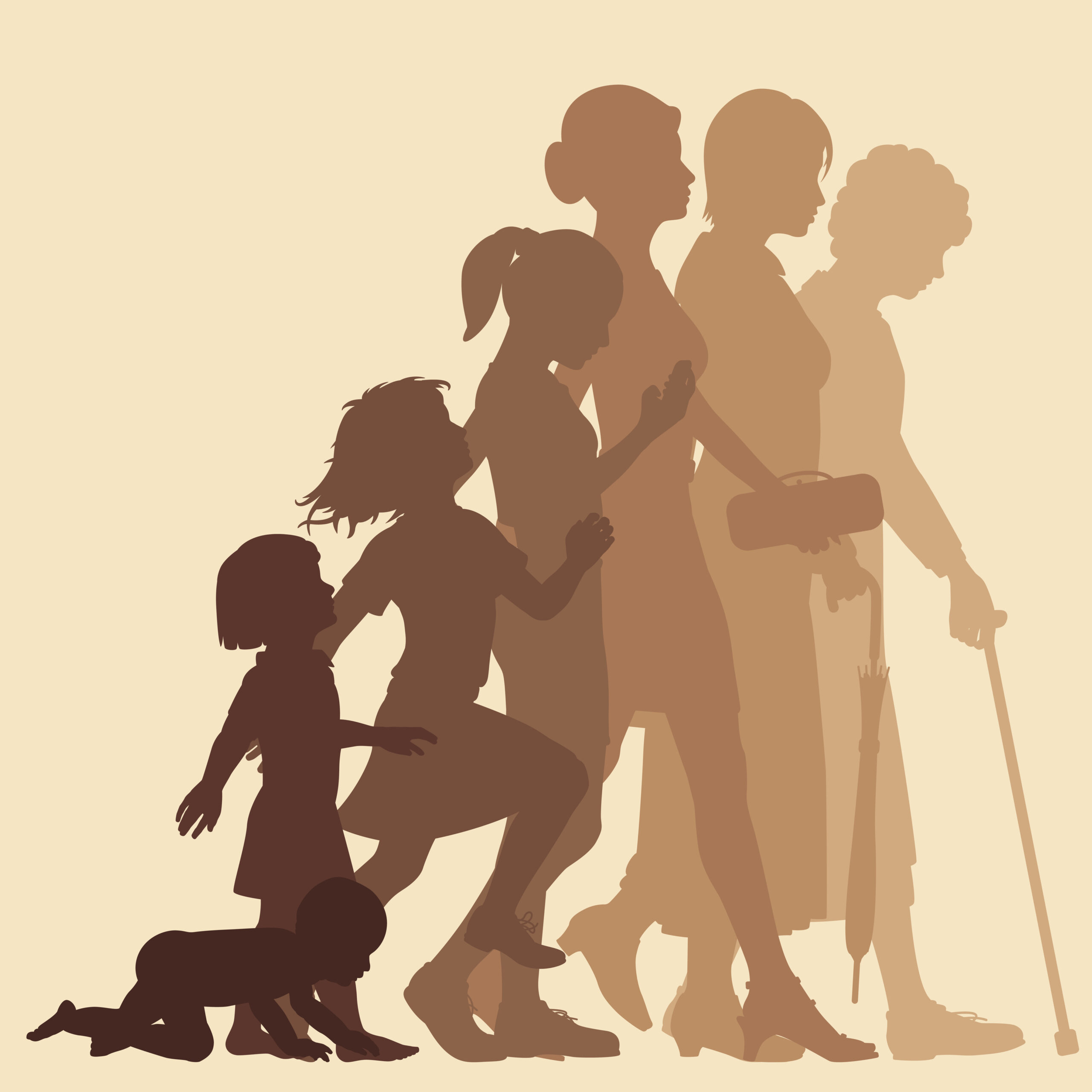Our Programs
Curriculumcurriculum
The curriculum selected by Generation-To-Generation Min. Inc. Real Social Skills was developed from the Arise Life Skills curriculum. The Arise Life skills curriculum contains interactive, attention-grabbing activities in plain complete English that enables youth to understand and retain each learning experience more accessible. Participating in these quality activities assists children and youth in making lasting changes in their lives.
Our curriculum provides over 260 practical Real Social skills lessons, such as Anger Management, Conflict Resolution, Bully Proofing yourself, and building positive Self-Esteem. These topics were once absorbed as families sat around the kitchen table. A 1998 study by Vanderbilt University estimated that each high-risk juvenile prevented from adopting a life of crime could save the country between $1.7-2.3 million. Unfortunately, broken homes, poor parenting skills, the drug crisis, neighborhood gangs, and other harmful lifestyle choices have dramatic long-term negative consequences for at-risk youth and severely limit their life chances.
CURRICULUM evaluation
From 1997 – 2001, the University of Miami, Department of Sociology, independently evaluated the Arise Life Management Skills program. This evidence based evaluation has proven that Arise Life-Skills materials and training produces statistically significant results. From 2002-present an independent evaluator has conducted focus groups with youth and staff. Findings prove that youth felt the topics of the lessons focused on real life situations enabling them to control their anger, communicate better, solve problems more effectively and express themselves positively.
Between 90 and 95% of the youth who participated in the Generation-To-Generation classes said they felt that the program was beneficial and would help them when they left the program. Our program can help reduce risk factors and help increase protective factors in at-risk populations.
Generation-To-Generation staff training teaches how to involve youth in interactive group discussions where their opinions are valued. Staff learns to create a safe space for group sessions where praise is used instead of criticism. Through wonderful interaction between youth and staff, they begin to see how errors in thinking can cause deviant behavior.
Goals
Student Goals
To enable teen parents to teach their children the skills they have learned by participating in the program.
To improve the positive decision-making skills of at-risk youth.
To encourage youth to express themselves without feeling threatened.
To empower youth to pass on the valuable information of the program to peers and siblings so they too can be successful.
Student Goals
To empower youth to know how to build a support system so they have someone to turn to when they need help.
To decrease potential drop rate within the population of those in the life-skills program.
To enable at-risk youth to identify problems in their life and find positive ways to handle them.
To be capable to explain the relationship between self-esteem and success.
Objectives

Students Will
Demonstrate their ability to work through issues while participating in activities that promote social skills.
Students will demonstrate their ability to solve problems in creative ways.
Students will gain knowledge that develops leadership and communication skills.
Make oral and written reports on how they have used the skills they learn to include their peers and family members.
Discuss ways and procedures to prevent youth from dropping out of school.
Apply problem-solving skills when presented with various life situations.
Formulate general statements about self-esteem.
Decrease the frequency of harmful conflicts encountered by individuals.
